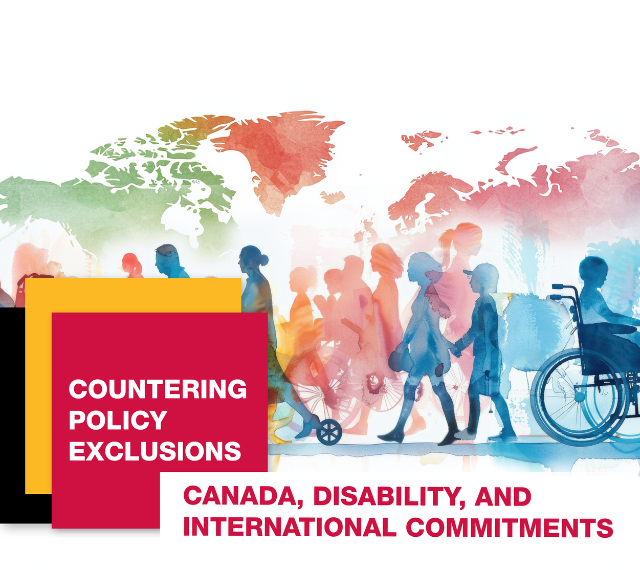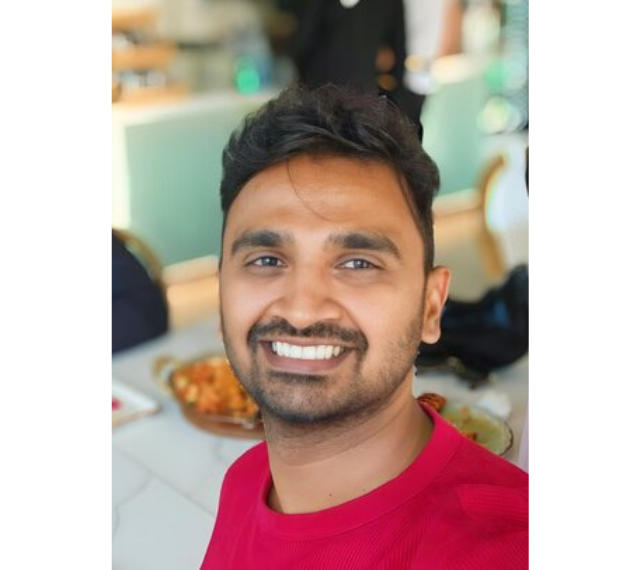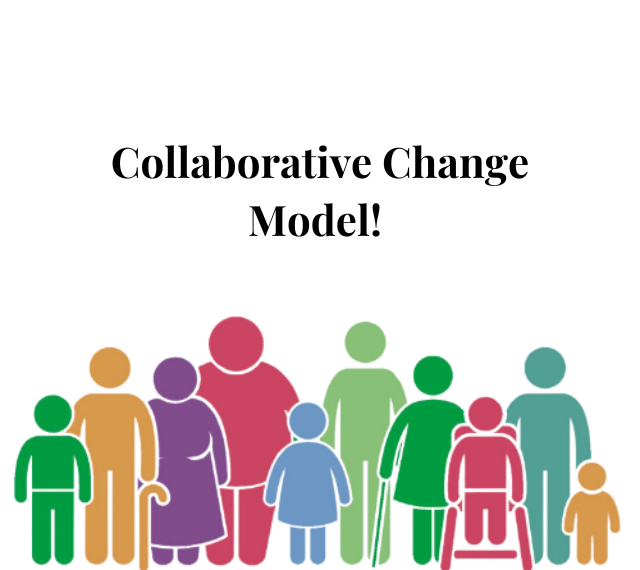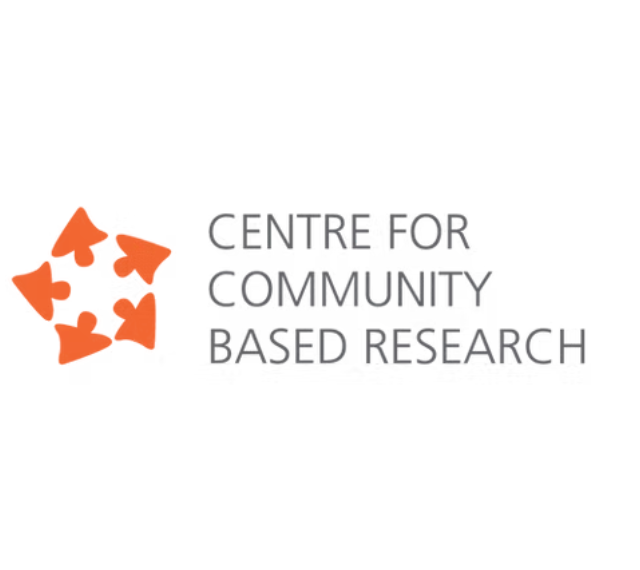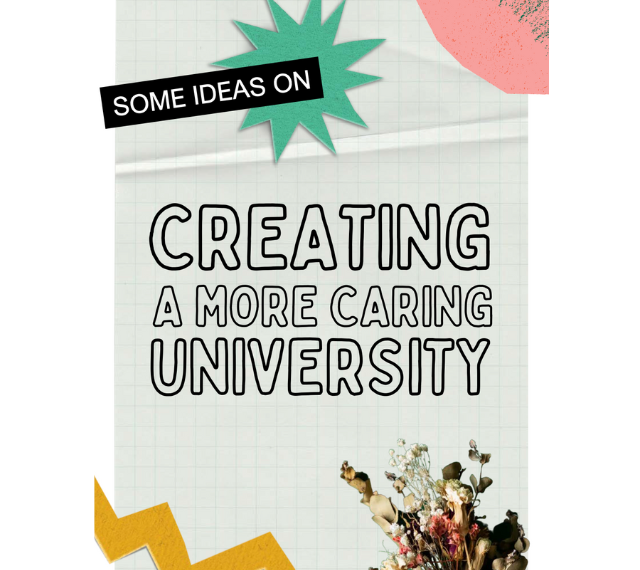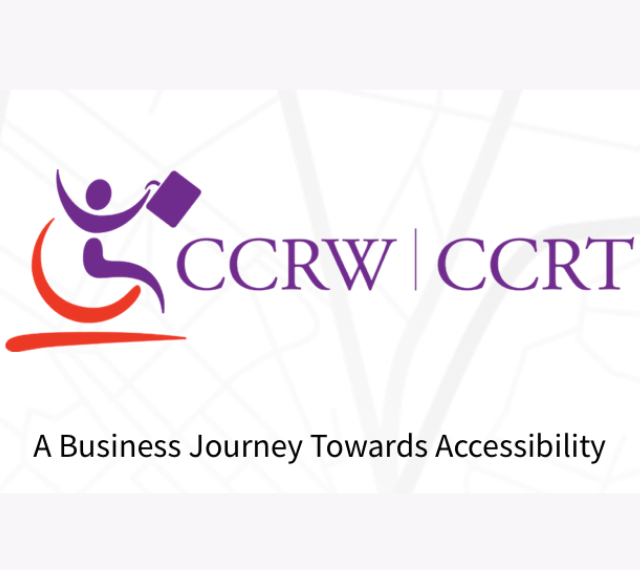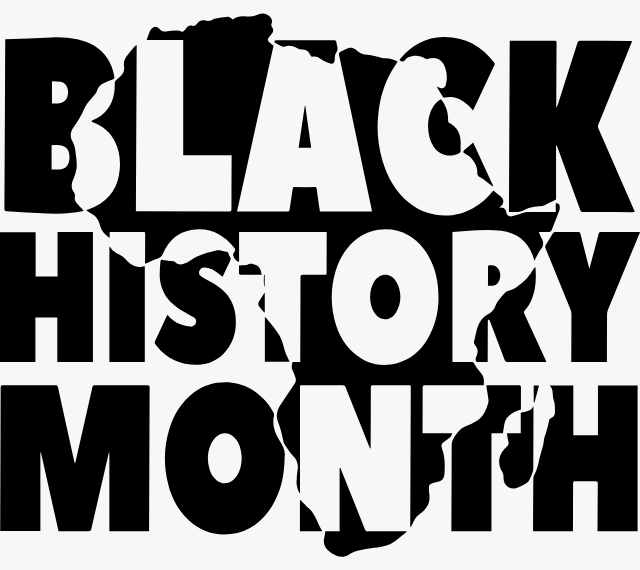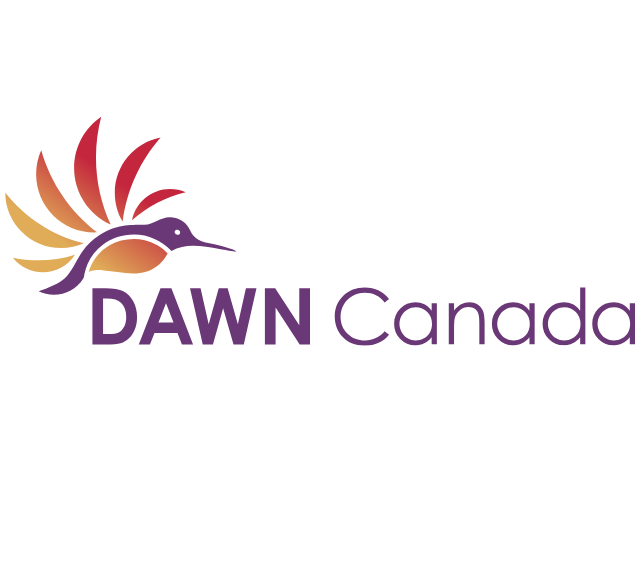
"We lift each other up, share our stories, and remind each other that we’re not alone": Hummingbird Feminist Disability Coalition and DAWN Canada Partnership
The Disabled Women’s Network of Canada (DAWN Canada) is an intersectional feminist human rights organization that seeks to end poverty, isolation, discrimination, and violence experienced by women and gender-diverse people with disabilities.

